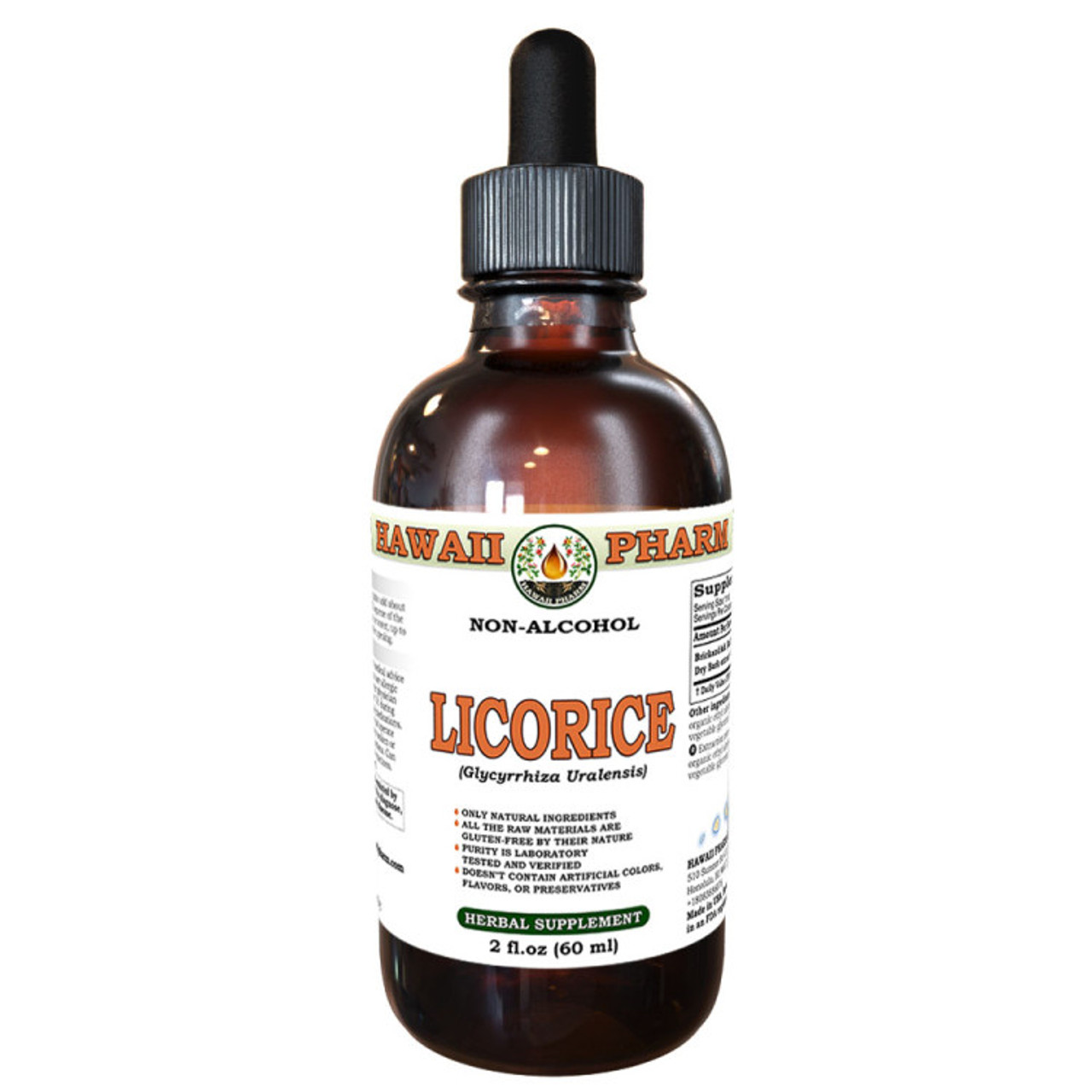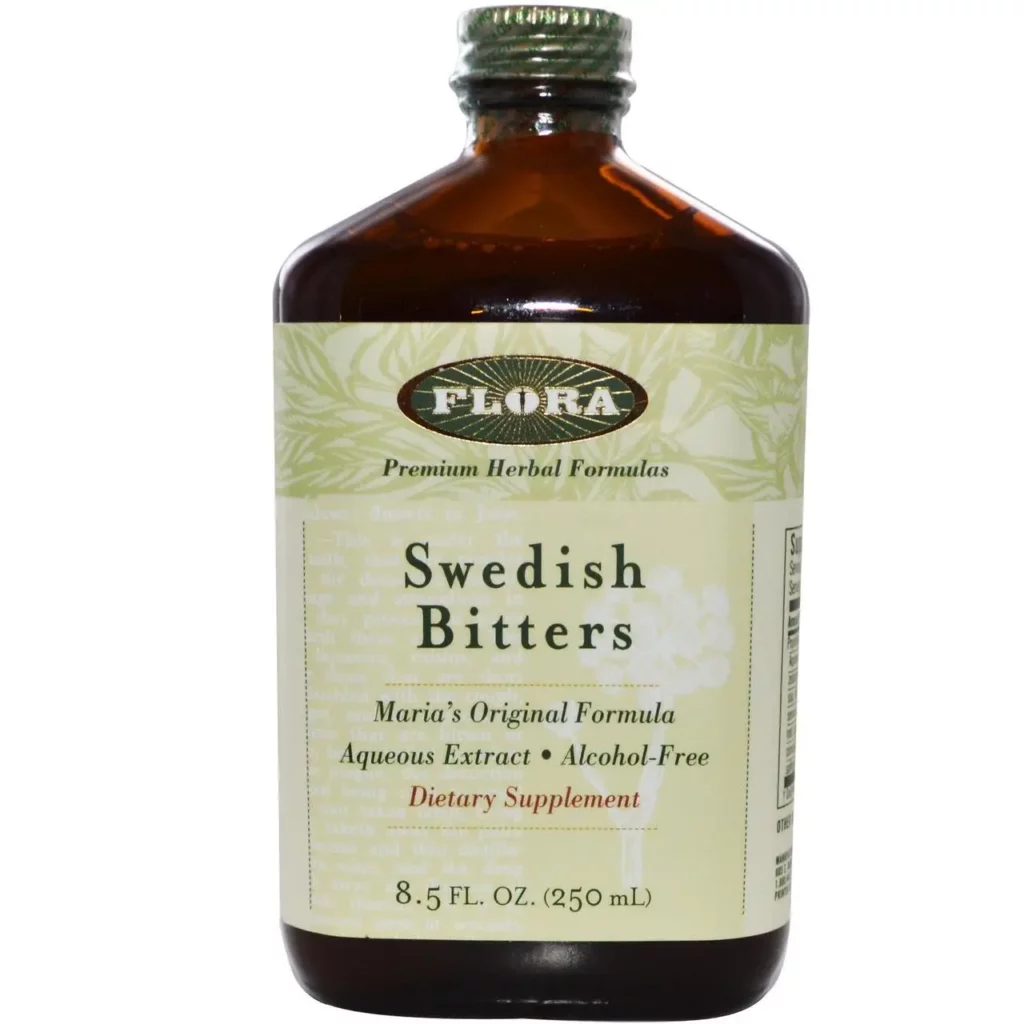Sweet violet, scientifically known as Viola odorata, is a delicate perennial plant native to Europe and Asia but has since been naturalized in many parts of the world. Known for its charming purple flowers and sweet fragrance, sweet violet has a long history of medicinal and culinary use. In this comprehensive guide, we’ll explore the various benefits of sweet violet supplements, drawing upon both traditional knowledge and modern research.
Historical and Cultural Significance
Sweet violet has a rich history of use in herbal medicine, dating back to ancient Greece and Rome. The plant was prized for its medicinal properties and was used to treat various ailments, including respiratory issues, skin conditions, and digestive complaints. In medieval Europe, sweet violet was associated with love, fertility, and protection and was often used in love potions and amulets. Sweet violet has also been valued for its culinary uses, with both the flowers and leaves being used in salads, teas, and syrups.
Respiratory Health Support
One of the primary benefits associated with sweet violet supplements is their potential to support respiratory health. Sweet violet contains mucilage, saponins, and flavonoids, which have expectorant and demulcent properties. These compounds help soothe irritated mucous membranes, reduce inflammation, and promote the expulsion of mucus from the respiratory tract. Sweet violet supplements may be used to alleviate symptoms of coughs, colds, bronchitis, and other respiratory conditions, helping to ease congestion and improve breathing.
Skin Health and Healing
Sweet violet supplements may offer benefits for skin health and healing. The plant contains compounds such as mucilage, saponins, and salicylic acid, which have anti-inflammatory, emollient, and wound-healing properties. Sweet violet supplements may be applied topically or taken internally to help soothe irritated or inflamed skin, reduce itching and redness, and promote the healing of minor wounds, cuts, and bruises. Sweet violet preparations, such as creams, ointments, or infused oils, may be used to moisturize dry skin, relieve eczema and dermatitis, and improve overall skin health.
Digestive Comfort
Sweet violet supplements may help promote digestive comfort and alleviate symptoms of digestive disorders. Sweet violet contains mucilage, which forms a soothing gel when mixed with water and helps coat and protect the mucous membranes of the digestive tract. Sweet violet supplements may be used to alleviate symptoms of gastritis, indigestion, heartburn, and gastrointestinal inflammation. Additionally, sweet violet’s mild laxative properties may help promote regular bowel movements and relieve constipation.
Anti-inflammatory Effects
Sweet violet supplements exhibit potent anti-inflammatory effects, which may benefit individuals with inflammatory conditions such as arthritis, gout, or inflammatory bowel disease. Sweet violet contains compounds such as salicylic acid and flavonoids, which help reduce inflammation and pain by inhibiting pro-inflammatory enzymes and cytokines. Regular consumption of sweet violet supplements may help alleviate symptoms such as joint pain, swelling, stiffness, and digestive discomfort associated with inflammation.
Mood Enhancement
Sweet violet has been traditionally used to promote emotional well-being and uplift the spirits. The plant’s delicate fragrance and soothing properties have a calming and uplifting effect on the mind and body. Sweet violet supplements may help reduce stress, anxiety, and nervous tension, promoting relaxation and emotional balance. Additionally, sweet violet’s association with love and romance may contribute to its mood-enhancing effects, evoking feelings of joy, warmth, and affection.
Immune Support
Sweet violet supplements may offer immune-supportive properties due to their antioxidant and anti-inflammatory effects. Sweet violet contains flavonoids, phenolic compounds, and vitamins C and A, which help strengthen the immune system and protect against oxidative stress and inflammation. Regular consumption of sweet violet supplements may help enhance immune resilience, reduce the risk of infections, and promote overall health and vitality.
Usage and Dosage
Sweet violet supplements are available in various forms, including capsules, tinctures, teas, and syrups. The appropriate dosage may vary depending on factors such as the specific health concern being addressed, the concentration of active ingredients in the supplement, and individual factors such as age, weight, and overall health status. It is advisable to follow the manufacturer’s instructions or consult with a healthcare professional to determine the suitable dosage for optimal results.
Safety Considerations
Sweet violet supplements are generally considered safe for most people when used as directed. However, some individuals may experience allergic reactions or skin irritation when using sweet violet supplements topically. It is advisable to perform a patch test before applying sweet violet preparations to large areas of the skin. Pregnant and breastfeeding women should consult a healthcare professional before using sweet violet supplements. Additionally, individuals with certain medical conditions or those taking medications should use sweet violet supplements cautiously and under the guidance of a healthcare provider.
Conclusion
Sweet violet supplements offer a wide range of potential health benefits, from supporting respiratory health and skin healing to promoting digestive comfort and emotional well-being. Rooted in centuries of traditional use and supported by modern research, sweet violet continues to be valued for its therapeutic properties and versatile applications. However, it’s essential to use sweet violet supplements judiciously and under the guidance of a healthcare professional, especially for individuals with pre-existing medical conditions or those taking medications. With careful use, sweet violet supplements can be a valuable addition to a holistic approach to health and well-being.
- Benefits of Sweet Violet Supplements - April 1, 2024
- Benefits of Swedish Bitters Supplements - April 1, 2024
- Lemon Fruit Bound Marijuana Strain - September 23, 2023


